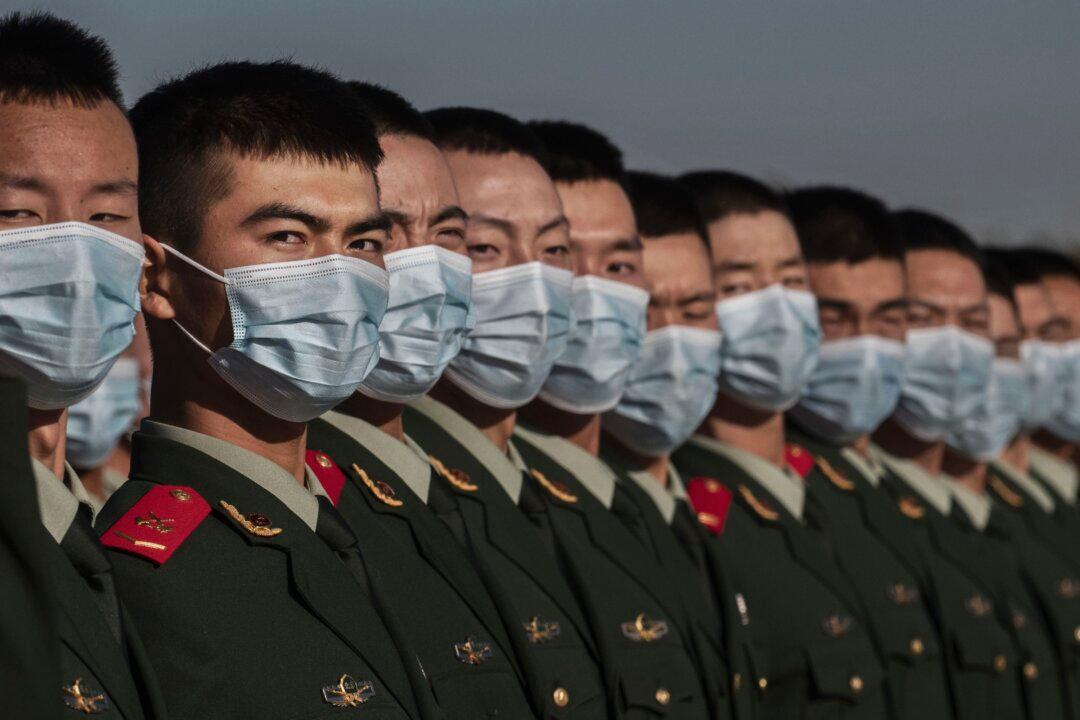The Chinese Communist Party (CCP) issued a 7,000-plus-word bulletin upon the conclusion of its most important political meeting of the year, in which it emphasized leader Xi Jinping’s “core” role and hinted at the enormity of China’s economic woes.
Known as the fifth plenary session, top Party officials convened to map out the country’s economic development, drafting a five-year plan and a new 15-year plan called Vision 2035.





